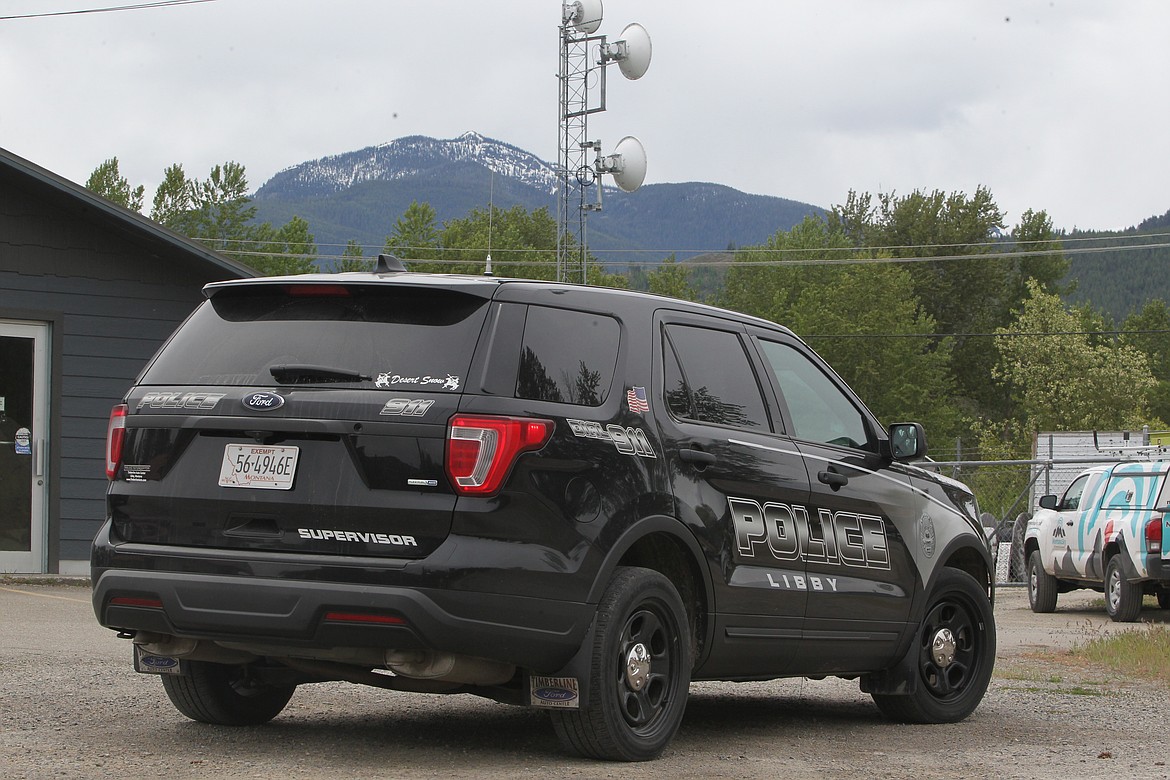Council approves replacement radios for Libby Police Department
Libby City Council approved July 6 spending $73,271 of incoming American Rescue Plan Act funds to replace police radios.
The dollars would cover the cost of portable and mobile radios, including those mounted in police vehicles, as well as programming and installation, according to Libby Police Chief Scott Kessel...
Become a Subscriber!
You have read all of your free articles this month. Select a plan below to start your subscription today.
Already a subscriber? Login



